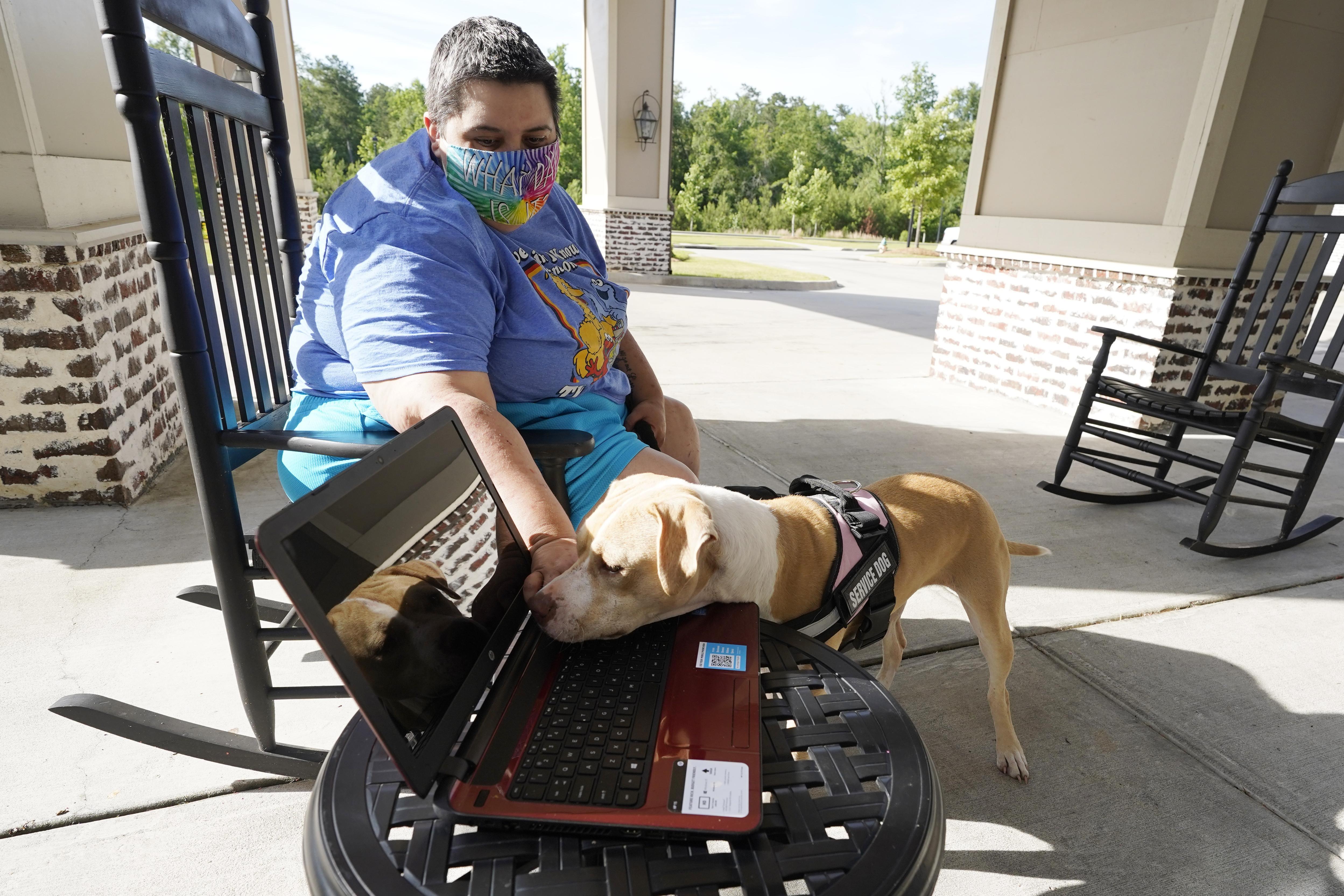Mississippi is one of a couple dozen Republican-led states deciding to end federal unemployment benefits this weekend. What does this mean for job seekers and businesses across the state?
Extra benefits for unemployed come to a close in Mississippi


Mississippi is one of a couple dozen Republican-led states deciding to end federal unemployment benefits this weekend. What does this mean for job seekers and businesses across the state?

Listen Here
Unemployed people in Mississippi, one of the poorest states in the nation, will be among the first to lose supplemental benefits. Last month, Governor Tate Reeves announced that Mississippi will opt out of the $300-a-week federal supplement for people who lost their jobs for reasons related to the COVID-19 pandemic.
Coretta Frazier, a consultant with Professional Management Solutions, says she’s concerned about what losing benefits starting June 12 could mean for some jobseekers in the state.
“There are people who don’t even have skill sets to transfer into another job right now and so if they don’t have the skillset or if they don’t have the means to get to work then they will be without income,” said Frazier.
“There will be people who are able to go back to work and should be going back to work but they’re deciding not to because the wage is not enough. ”
Nearly 90,000 people were receiving the unemployment supplement in early May, according to the Mississippi Department of Employment Security.
Mississippi has some of the lowest paid jobs. Frazier believes if employers would increase wages, more job seekers would rush back to work. That’s exactly what Matt Roberts says happened at Shaggy's Restaurant on Biloxi Beach. Since reopening, full-time employees make $15 an hour plus health benefits.
“The plan with the 15 dollars an hour and the benefits was to let those employees that we had know that they’re appreciated, valued, and that we want them to not just be able to take care of themselves but to take care of their family," said Roberts.
" And, for it to be more of a career path and not just another job.”
Roberts says he’s fully staffed at the restaurant. While Mississippi’s labor force may be improving, it still hasn’t recovered to what it was before the pandemic.